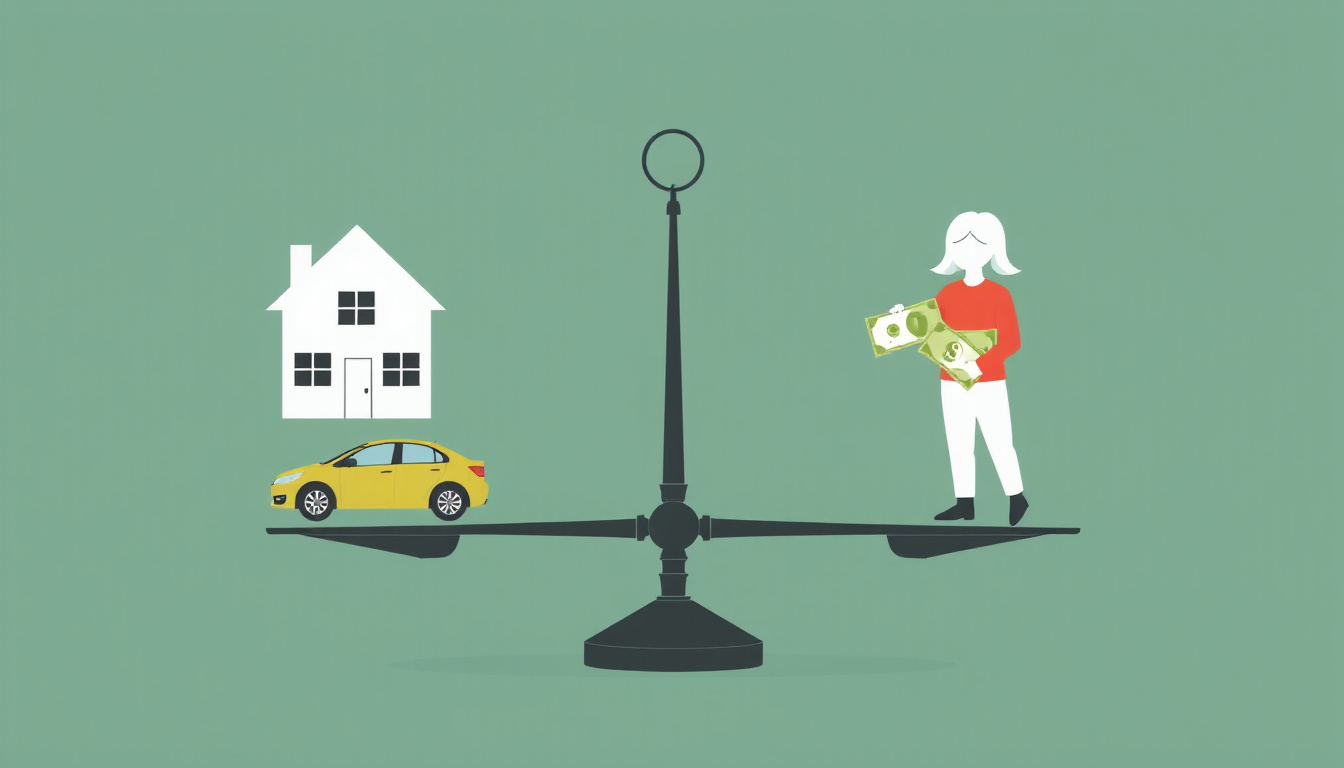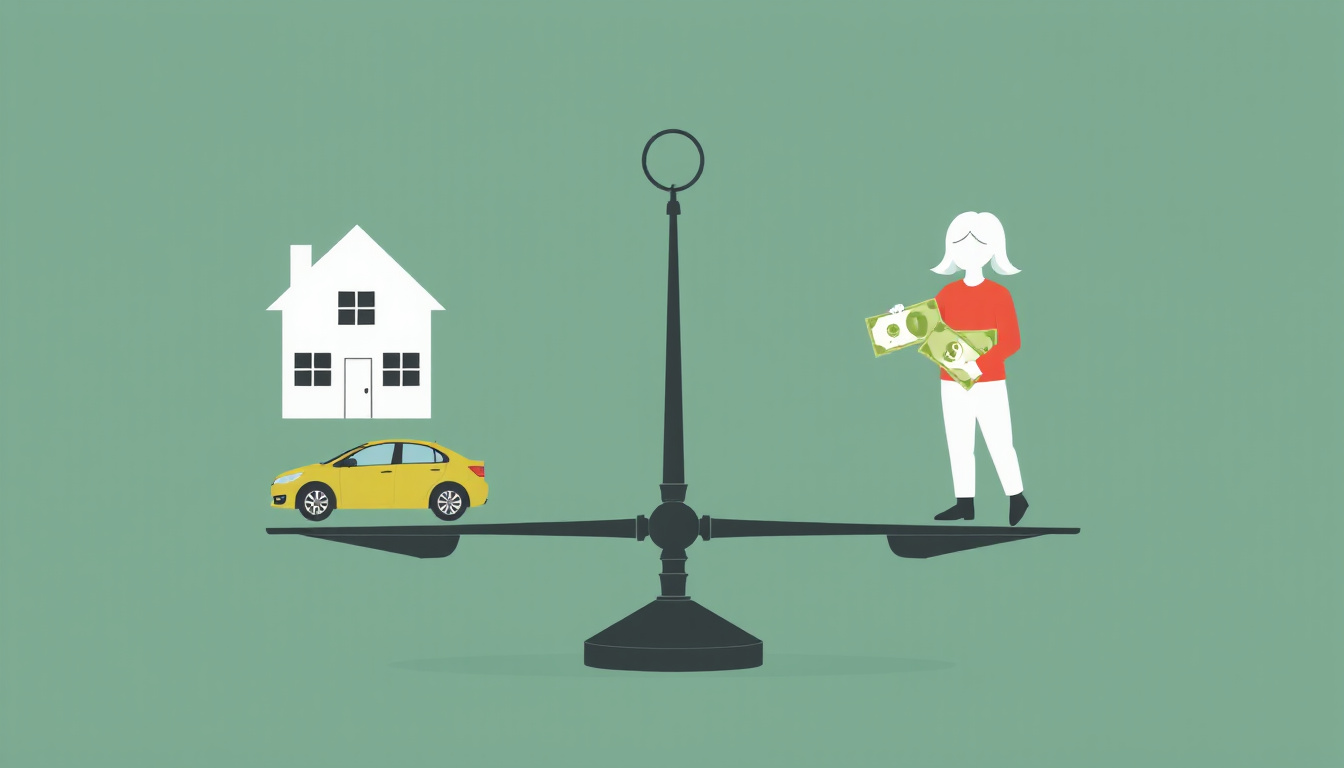When it comes to borrowing money, understanding the differences between secured and unsecured personal loans is essential for making informed financial decisions. In Canada, individuals often face the choice of securing their loans with collateral or opting for the flexibility of an unsecured loan. This article will provide a comprehensive look at secured vs. unsecured personal loans: what’s better? By examining their respective advantages and disadvantages, as well as key factors to consider, this guide aims to equip you with the knowledge needed to choose the right loan type for your unique financial situation.

Key Takeaways
- Secured loans require collateral, protecting lenders but increasing risk for borrowers.
- Unsecured loans do not require collateral, making them less risky for borrowers but often resulting in higher interest rates.
- Secured loans generally offer larger amounts and lower interest rates, but come with the risk of losing assets.
- Unsecured loans can provide quicker access to funds without risking personal property, making them more flexible for some users.
- It’s essential to consider your financial situation, credit score, and risk tolerance when choosing between secured and unsecured loans.
Understanding Secured and Unsecured Loans
When considering borrowing options, it’s essential to understand the difference between secured and unsecured personal loans. Secured loans are backed by collateral, such as your home or car, which provides lenders with the assurance that they can recoup their losses if you default. This typically results in lower interest rates and more favourable terms for borrowers. On the other hand, unsecured loans do not require collateral, which means they often come with higher interest rates and stricter eligibility criteria. This raises the question: secured vs. unsecured personal loans: what’s better? The answer depends on your financial situation and needs. If you have valuable assets that you can leverage and are looking for lower rates, a secured loan may be the way to go. However, if you want to avoid the risks associated with putting your property on the line, an unsecured loan could be a more suitable choice, albeit at a potentially higher cost. Understanding these nuances helps Canadians make informed decisions about their borrowing options.
Advantages and Disadvantages of Each Loan Type
When considering borrowing options, it’s essential to understand the advantages and disadvantages of secured vs. unsecured personal loans: what’s better for your financial situation? Secured personal loans require collateral, such as your home or car, which can lead to lower interest rates and larger borrowing amounts. If you default, however, you risk losing your collateral. On the other hand, unsecured loans do not require collateral, making them less risky for the borrower in terms of asset loss. They typically come with higher interest rates because lenders face increased risk. Ultimately, the choice between secured and unsecured personal loans depends on your financial needs, creditworthiness, and willingness to leverage assets. Assessing your ability to repay and understanding the terms of each option will guide you towards the best loan type for your unique circumstances.
‘The only thing standing between you and your goal is the story you keep telling yourself.’ – Jordan Belfort

Factors to Consider When Choosing Between Secured and Unsecured Loans
When it comes to financing your needs, understanding the difference between secured vs. unsecured personal loans: what’s better? is crucial for Canadians. Secured loans require collateral, such as your home or vehicle, reducing risk for lenders and often resulting in lower interest rates. However, the downside is that failure to repay can lead to losing your asset. On the other hand, unsecured loans do not require collateral, which means you won’t risk your property if you default. They are typically easier to obtain, especially for those with limited credit history, but come with higher interest rates due to the increased risk for lenders. Factors such as your credit score, income, and the purpose of the loan should influence your decision. Evaluate not only the costs but also your ability to repay and the potential risks involved in either option.
